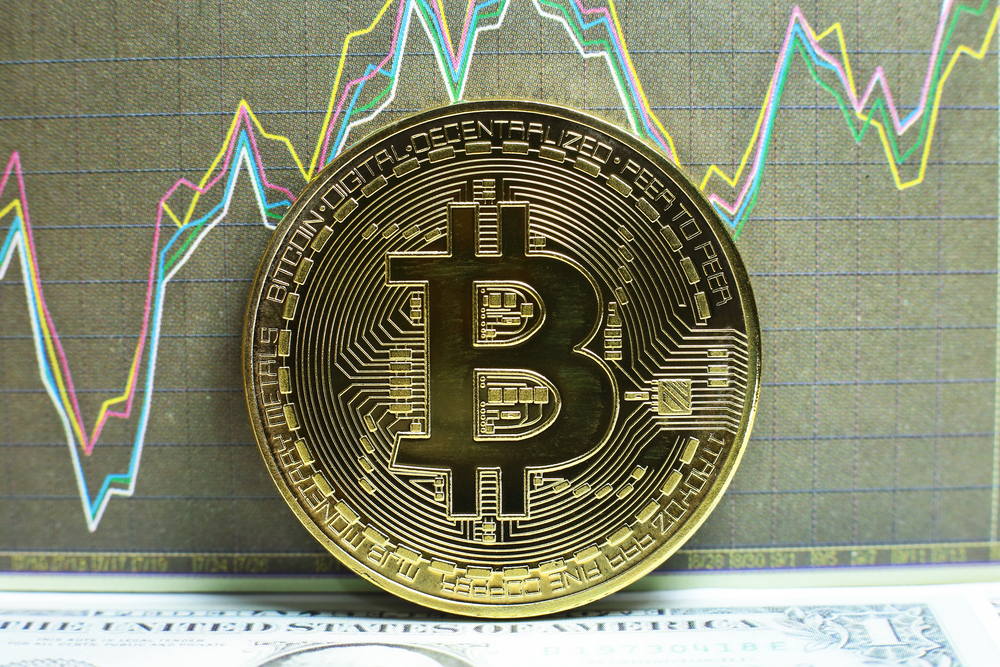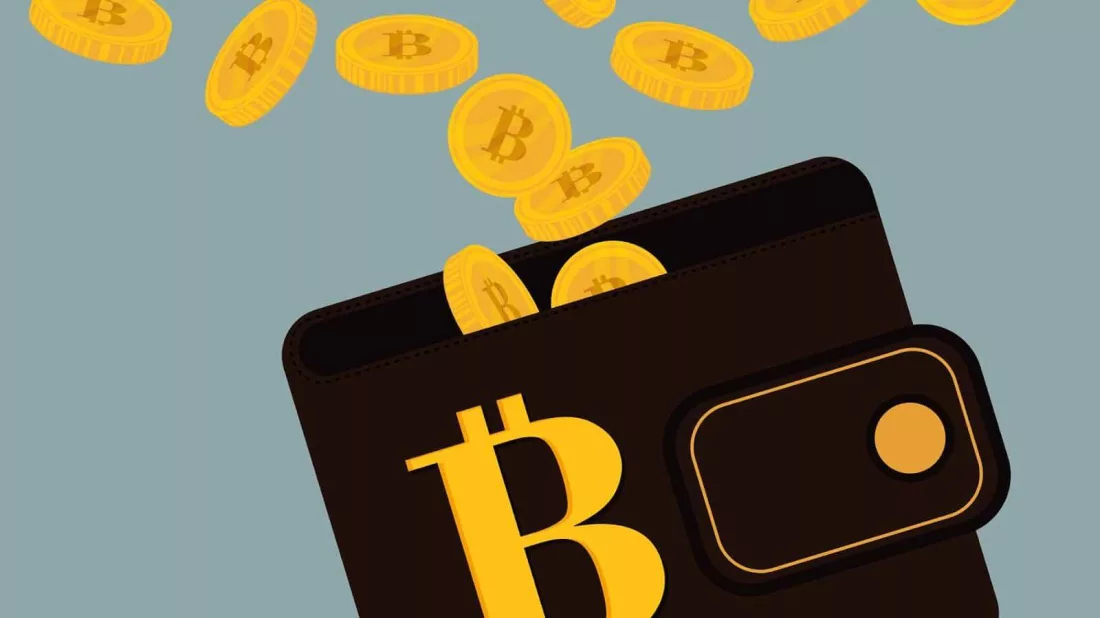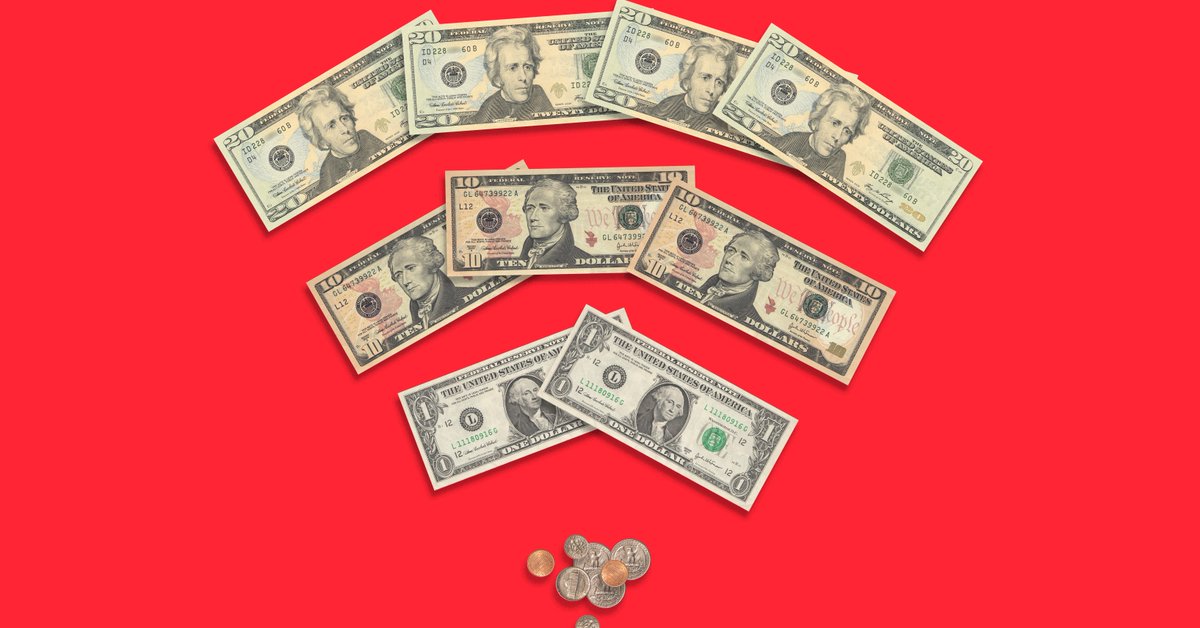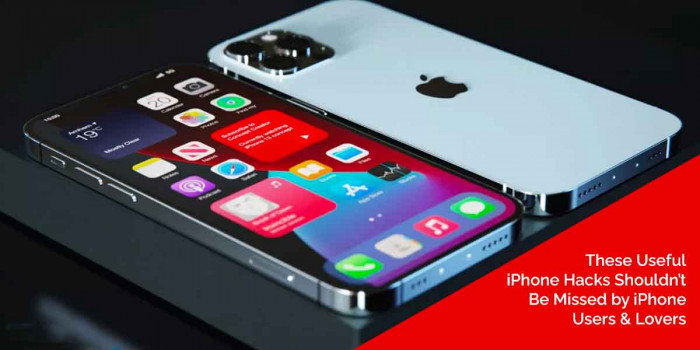10 Things To Know Before Jumping The Bandwagon Of Cryptocurrencies
These are some essential things to keep in mind before investing in Bitcoins or any Cryptocurrency for that matter.

Cryptocurrency is based on two words, i.e., “crypto” and “currency.” You may already know what currency stands for. However, “Crypto” is a ‘computer science’ term derived from Cryptography. Cryptocurrency stands for digital cash, and there are many cryptocurrencies available in the market.
Bitcoin and Ethereum are two most popular cryptocurrencies out there. Cryptocurrency uses cryptography to deal with the decentralized system including transferring, generating and keeping the distributed ledger available to everyone.
1) Guaranteed High Returns Are A Hoax

There is no such thing as guaranteed high-investment returns. Be wary of anyone who promises that you will receive a high rate of return on your investment, with little or no risk.
2) Cryptocurrencies Are A Sea Of Fraudulent Schemes With Crazy Fluctuating Exchange Rates

An unsolicited sales pitch may be part of a fraudulent investment scheme. Exercise extreme caution if you receive an unsolicited communication—meaning you didn’t ask for it and don’t know the sender—about an investment opportunity.
3) Risk Factor Gets High As The Value Escalates

Sounds too good to be true. If the investment sounds too good to be true, it probably is. Remember that investments providing higher returns typically involve more risk.
4) Unauthorised Traders May Put your Money To Risk

Unlicensed sellers. Many fraudulent investment schemes involve unlicensed individuals or unregistered firms. Check license and registration status on gov.
5) Isn’t Regulated By Net-Worth Or Income Requirements

The federal securities laws require securities offerings to be registered with the SEC unless an exemption from registration applies. Many registration exemptions require that investors are accredited investors; some others have investment limits. Be highly suspicious of private (i.e., unregistered) investment opportunities that do not ask about your net worth or income, or whether investment limits apply.
6) Cryptocurrencies Are Unstable

Unlike any tangible form of currency the cryptocurrency rate fluctuations are unreal. A person who has invested in cryptocurrencies can become a millionaire or poor overnight.
7) Cryptocurrency Is Illegal In Most Of The Developing Countries

Cryptocurrency legality is one of the hot topics among the users. In many countries such as Bolivia and Saudi Arabia, using or mining cryptocurrencies are banned and is severely punished. However, major countries don’t have a ban on cryptocurrency, but rather some regulations on how they should be distributed. For example, Israel imposes a tax on every Bitcoin transaction.
8) A Bitcoin Transfer Is Irreversible

Transaction of bitcoin, a preferred currency involved in the transaction of illegal goods, cannot be reversed. Unlike popular platforms like PayPal, you don’t get second chances while making a transaction.
9) Sacking Of Net Neutrality Will Have Adverse Effects On Cryptocurrency

In the US, the rules governing Internet access are changing, threatening net neutrality — the principle that lets everyone use the Internet in the same way.
Bitcoin and Cryptocurrency technologies use free internet for the transfer of data packets and transactions in a peer-to-peer manner which helps in settling trades and transactions in a decentralized manner without any central control.
For this to happen it is critical that ISP providers and the Internet backbone as a whole treat internet packets and traffic equally. And it is this point where if Bitcoin and Cryptocurrency technologies are throttled or even slowed, it will have grave impact in the future of the growth of the speed and innovation in the P2P technology and make this technology nonviable.
10) Cryptocurrency Are A Volatile Commodity

Bitcoin will eventually have a maximum of 21 million coins in circulation, based on the algorithm that controls distribution.
This makes many cryptocurrencies much more like commodities, since there’s a finite supply, like with gold or oil.
Popular Posts
12 Amazing Ghetto Cars That are Perfect for Driving on Paved & Gravel Paths
Ghetto cars are the low-end cars people leave off on a highway or street. Here are the stylish versions of such cars that are a choice of the next generation.
Still Unfold
Amazing Black Hawk Helicopters: Design, Features & Facts
The Sikorsky UH-60 Black Hawk is twin engine, medium lift, and four-bladed helicopters manufactured by Sikorsky aircraft that ha...
Augustus Perez
Young Scientists Develop Bacteria to Stop Plastic Pollution! Know How
To stop plastic pollution, two students engineered a bacterium that could transform plastic into usable compounds. Read the full story here.
Kevin Green








